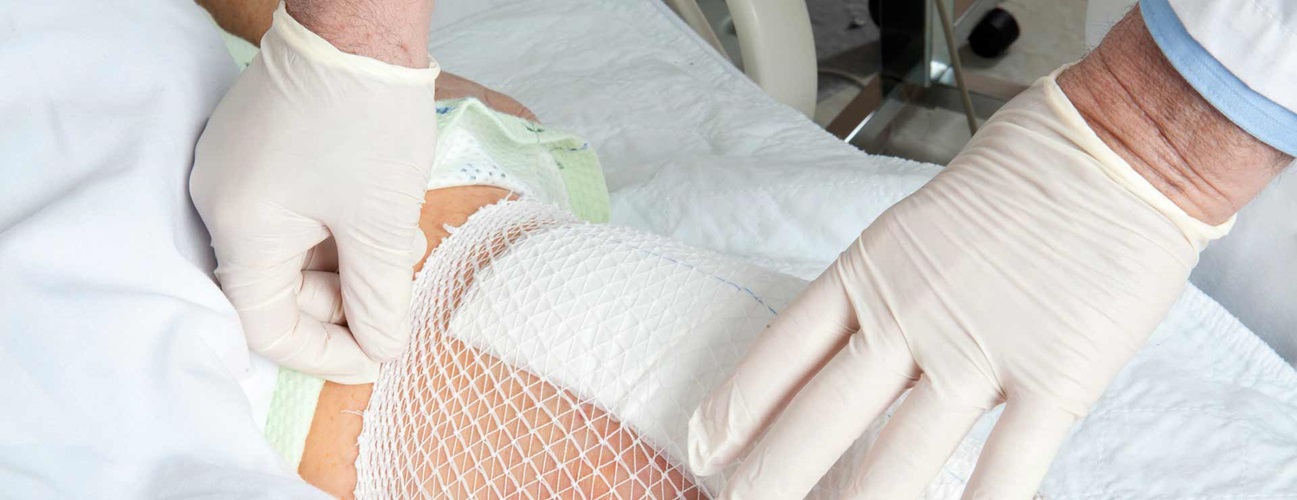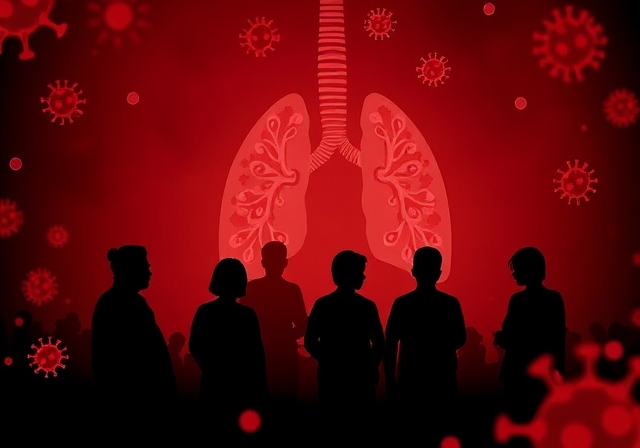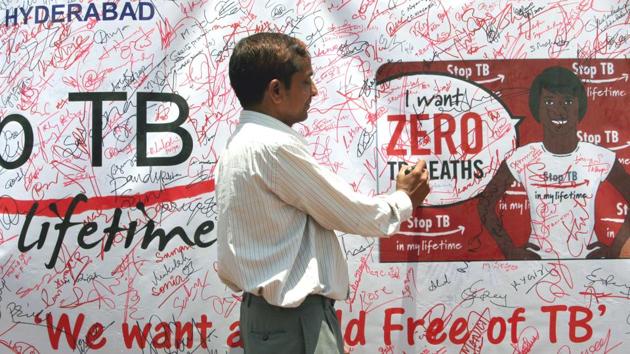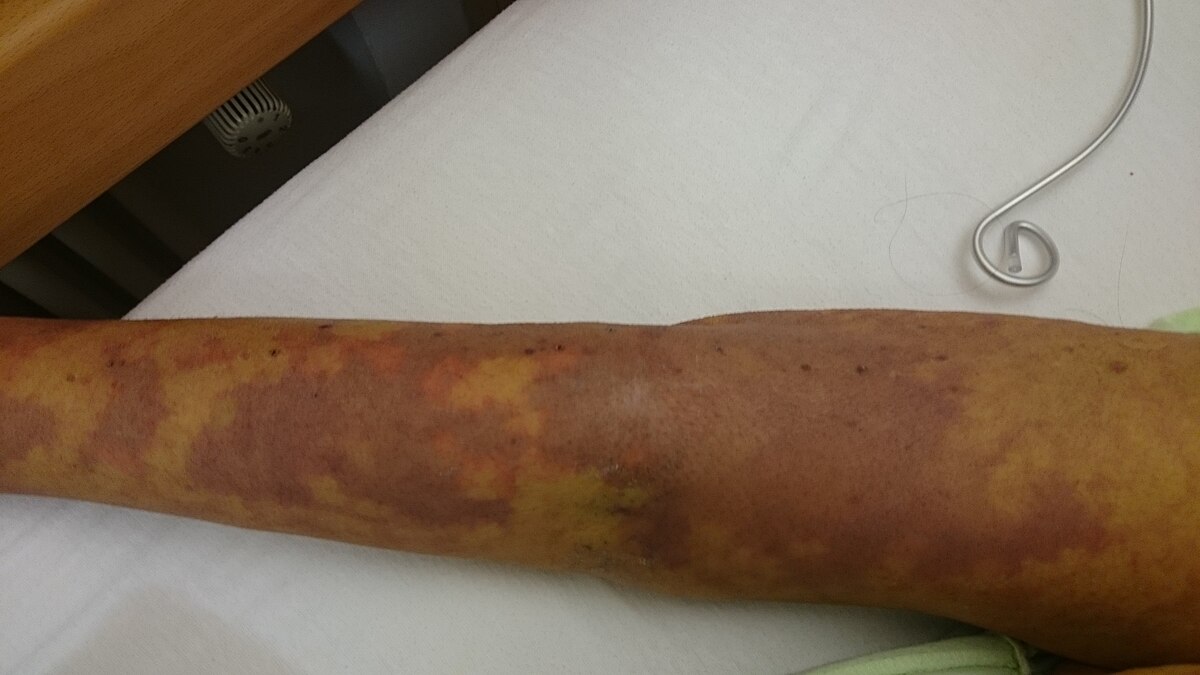On a warm March morning in Pune, a young couple's world collapsed. Tanisha Bhise, seven months pregnant and excited to become a mother, was rushed to the hospital in critical condition. What followed was not medical urgency but a painful delay, allegedly caused by one of the most disturbing failures in modern Indian healthcare: the demand for money before life.
Tanisha didn't survive. Her babies did. And what remains is a trail of questions, grief, and a growing call for accountability.
This isn't just one woman’s story. It’s a mirror held up to a system that treats patients as customers and emergencies as transactions. This is the story of India’s worsening medical ethics crisis, where the price of care could be a heartbeat too late.
Late in March 2025, Tanisha began experiencing severe pregnancy-related complications. Her family rushed her to Pune's well-known Deenanath Mangeshkar Hospital, believing they'd find expert help.
Instead, they say they were greeted with a demand.
Not for her medical history. Not for an emergency team. But for a payment of Rs 10 lakh.
Her husband, Sushant Bhise, desperate and panicked, said he could pay Rs 2.5 lakh immediately and arrange the rest shortly. According to him, that wasn't enough.
Precious time passed. Tanisha's condition worsened. By the time the family took her to another hospital, it was too late. She delivered prematurely. The babies survived. She did not.
Tanisha’s case has struck a nerve across the country because it isn’t just about one family’s loss. It has revealed the layers of dysfunction that define how private healthcare operates in India.
There are excellent doctors. World-class equipment. Gleaming facilities.
But all that means nothing if compassion doesn’t come first.
When a hospital allegedly prioritizes payment over patient, the institution ceases to be a place of healing. It becomes a business first, a care provider second. And when that happens during childbirth, a time that is as vulnerable as it is sacred the betrayal is unforgivable.
No hospital, private or public, has the moral or legal right to refuse emergency care. The Supreme Court of India and multiple rulings have made it clear: life-saving care must be given first. Paperwork and payments can wait.
Yet, time and again, we see stories of patients being turned away, of ambulances doing the rounds between hospitals, of families begging for help while clutching their wallets and their loved ones.
Is this what healthcare is meant to be?
When doctors take the Hippocratic Oath, they swear to put life above all else. So, when an institution allegedly makes admission dependent on a cheque, is it still fulfilling its duty to the patient? Or to its investors?
The hospital in question has denied wrongdoing and promised an internal investigation. But the family’s version of events, combined with public outrage, has led to demands for a government-led inquiry.
While every case must be investigated fairly, this cannot be treated as an isolated incident. The patterns are too familiar:
High deposits demanded before treatment
Delays due to insurance processing
Priority given to paying or "package" patients
Emergency wards running like billing counters
If we only act when a tragedy becomes a headline, then we are ignoring the silent sufferings that never make it to the news.
Giving birth is not a disease. But in India, it often becomes a life-threatening event, not due to medical complications, but due to systemic ones.
Maternal mortality remains a serious concern, especially in rural areas. But what Tanisha’s story shows is that even in urban, advanced settings, women are not safe from preventable deaths.
If a young, educated woman in a city like Pune can die for want of timely care, what does it say about our priorities?
The aftermath is always cruelest for the survivors.
Tanisha’s husband now faces life as a single parent to two premature infants. Her family must deal with not just the loss, but the haunting knowledge that it might have been prevented.
And across India, countless families now wonder: if we were in their shoes, would our hospital save us or stop us at the billing desk?
India has rules. The Clinical Establishments Act requires emergency treatment to be provided without upfront payments. States have guidelines. Courts have rulings.
But laws on paper don’t save lives. Enforcement does.
How many hospitals are inspected for compliance? How many complaints are followed up with penalties? How many patients know their rights?
And how many more lives will be lost before real consequences are felt?
Healthcare is one of the fastest-growing sectors in India. Medical tourism is booming. Investments are pouring in. But in the race for profitability, have we lost the plot?
Doctors are overworked. Nurses are underpaid. And administrators are often driven by targets, not outcomes.
In this environment, ethics can be the first casualty.
What message are we sending when a seven-month pregnant woman in crisis is allegedly told, "Come back with cash" instead of "Let's save your life first"?
Until healthcare providers are held accountable legally, financially, and publicly this cycle will continue.
Tanisha’s death should not just be mourned. It should be investigated, studied, and used as the foundation for change:
Mandatory audits for emergency response protocols in private hospitals
Penalties for delays caused by non-medical factors
Immediate admission for pregnant women in distress
Clear government support for hospitals that treat without upfront payments
Every time a tragedy like this happens, public trust in the healthcare system erodes.
Families lose faith. Patients delay going to the hospital. And a culture of fear takes root.
We need to rebuild that trust brick by brick:
Through transparency
Through whistleblower protections
Through community awareness of patient rights
Through ethical leadership from within the healthcare sector
If you are reading this, you can help:
Learn about your rights as a patient in India
Support organizations that provide legal aid in medical negligence cases
Speak up if you see injustice in healthcare settings
Demand better healthcare laws from your local representatives
And most importantly, never accept silence as an answer when a life has been lost.
She wasn't just a pregnant woman. She was a daughter, a wife, a soon-to-be mother. Her dreams were real. Her life mattered.
Let her name be a symbol of the reform we need.
Because healthcare should heal. Not hurt.
And because in India, no woman no human should ever have to die at the doorstep of a hospital for want of money.

 She wasn't just a pregnant woman. She was a daughter, a wife, a soon-to-be mother. Her dreams were real. Her life mattered.
She wasn't just a pregnant woman. She was a daughter, a wife, a soon-to-be mother. Her dreams were real. Her life mattered.





.jpeg)








.png)





.jpeg)

.jpeg)
.jpeg)

.jpeg)


.jpeg)



.jpeg)
.jpeg)
.jpeg)


.jpg)


.jpeg)
.jpeg)